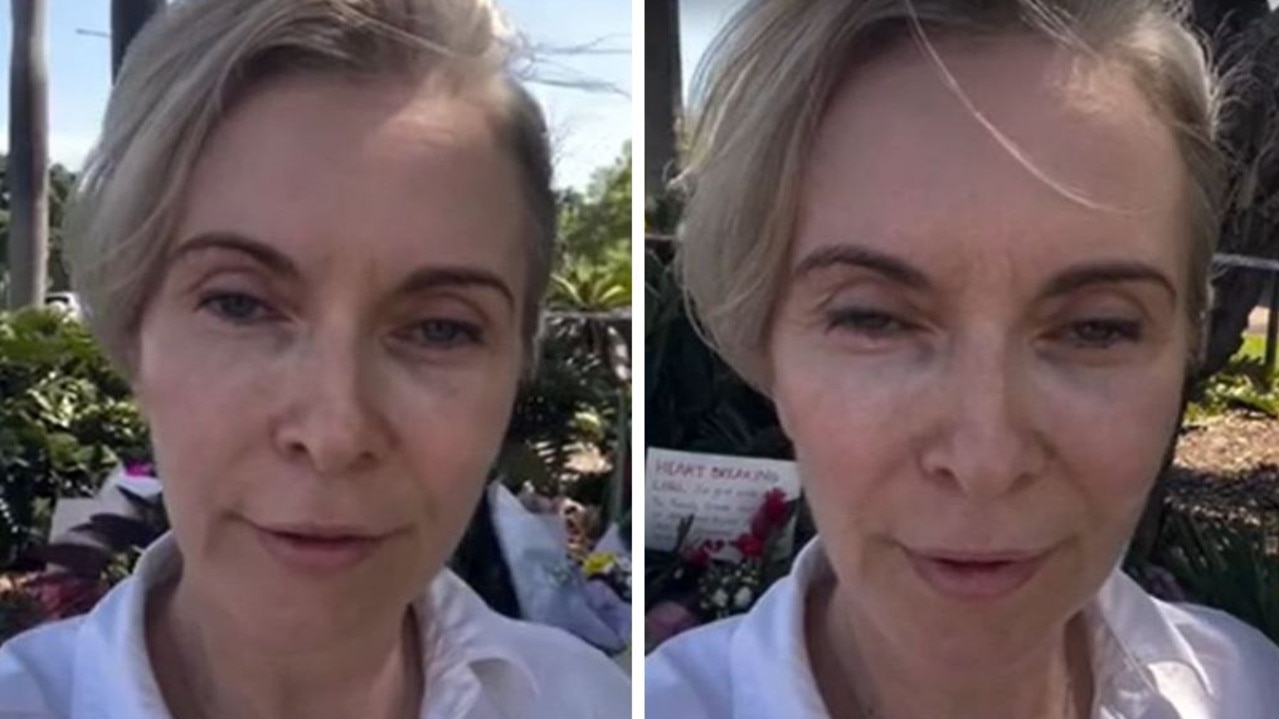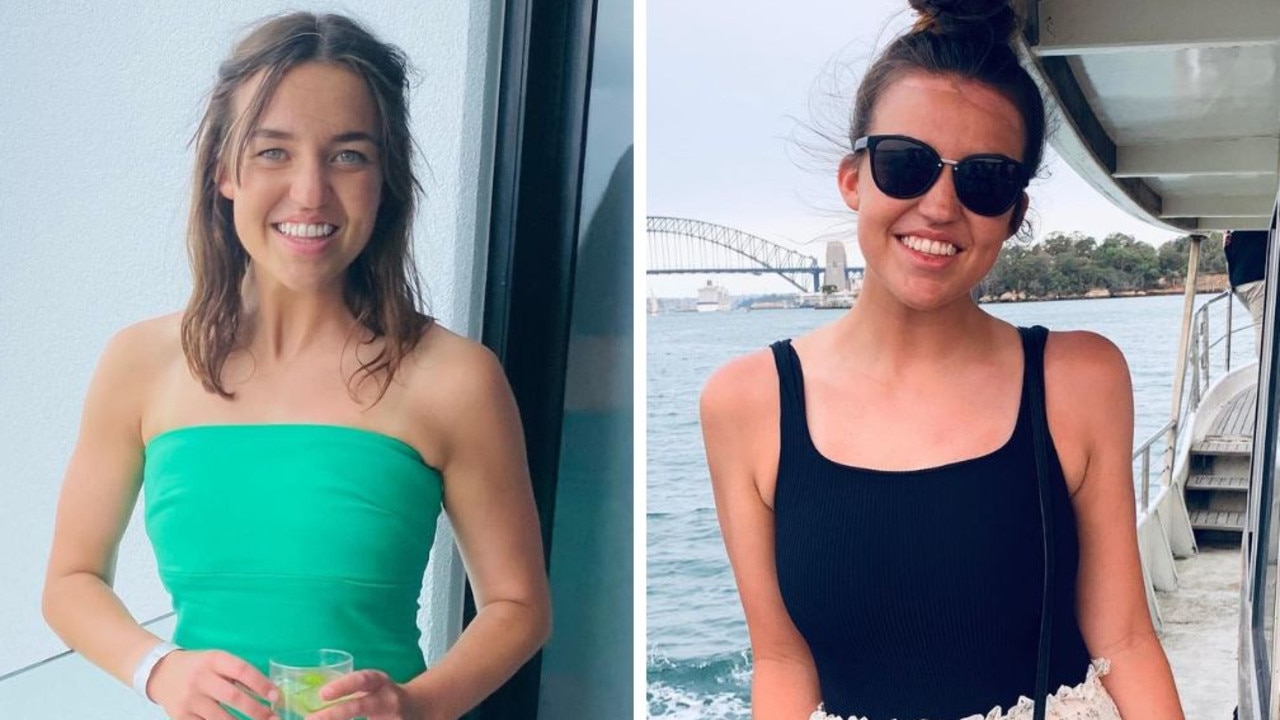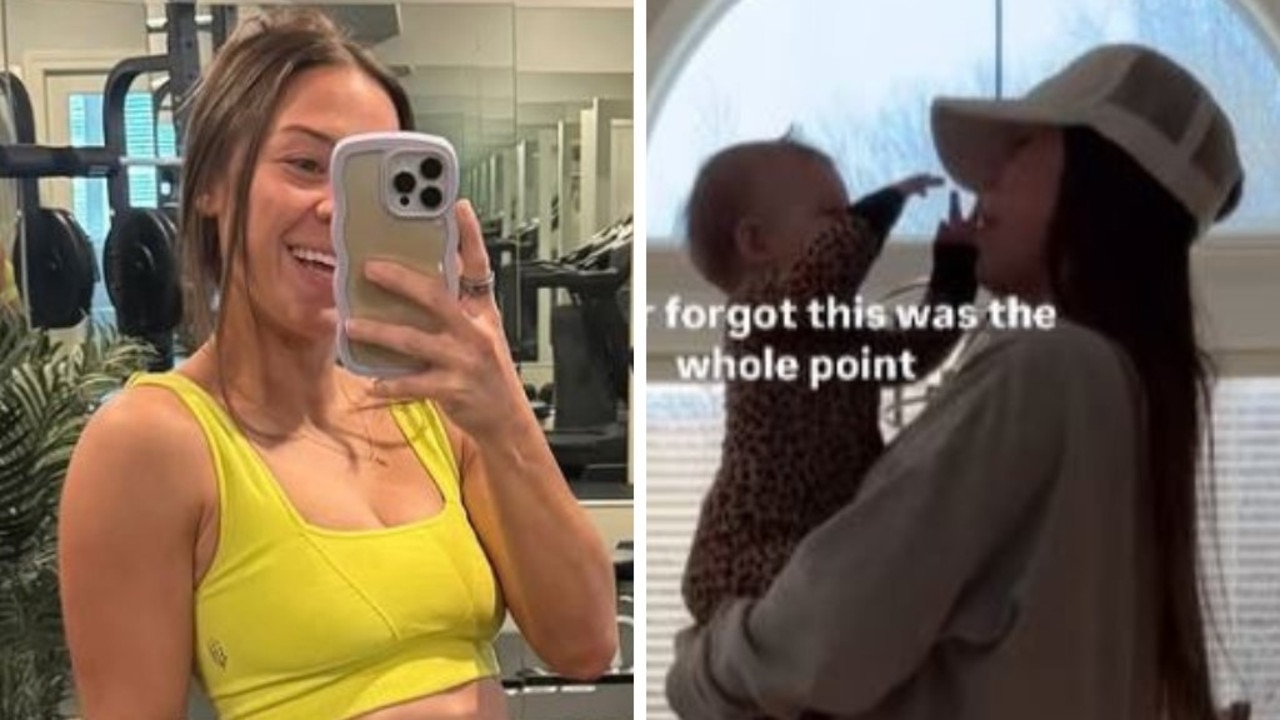Let her speak: Sharing my rape story kept me alive
JOANNA only realised the impact her own rape had on her life when she read another woman’s story. She says speaking out saved her.
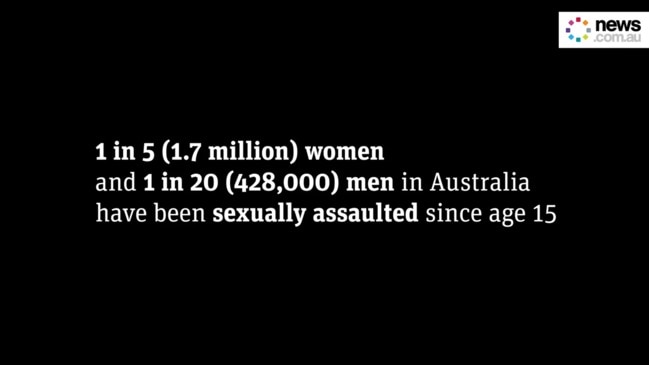
JOANNA Williams was 24 when she landed an internship with the Australian Defence Abuse Response Taskforce.
Every day for the next two months Joanna would read the psychological impact statements of survivors of abuse within the Australian armed forces.
And as she did, bit by bit, she would come to terms with her own rape, which had occurred years earlier.
“I knew I had been sexually assaulted as a 20-year-old, but it was only when I read a survivor’s story, which broke down every effect that being raped had on her life, that I realised the impact that same event had on my life,” she said.
“When my supervisor found me crying at my computer, I told him that I had just read my story for the first time.
“From that moment on, I knew something had to change. So I started to finally tell the truth to those around me; not just about how I was raped, but also how commonplace sexual assault and harassment were in my life.”
READ MORE: Sex assault story they don’t want you to hear
Over the next month Joanna disclosed her rape over and over again to dozens of family members and friends.
“After that, I then reported my rape to the police, and threw a ‘rape reporting party’ with the 50 people who I loved the most. I will never forget the look on the bartender’s face when I answered truthfully after he asked what we were celebrating,” she said.
But revealing her identity as a rape survivor was far from easy.
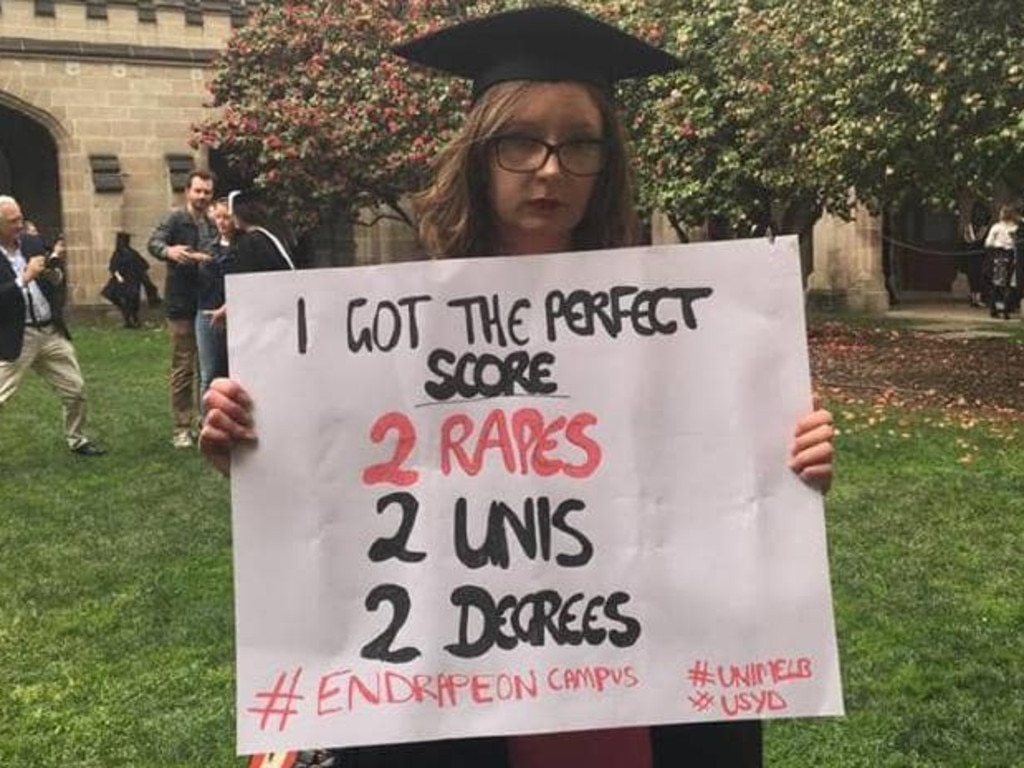
“Coming out to my friends and family was hard but coming out to my larger social network was terrifying,” Joanna said. “But I knew that I wanted to speak out because I wanted others to know they weren’t alone like I had felt. Posting the status that outed me as a survivor on Facebook was one of the scariest moments of my life.”
But when Joanna turned her phone on later that day, the post had received more than 200 likes and her inbox was overflowing with friends disclosing their own assault.
This gave Joanna the support to continue speaking out, and she later posed for a striking portrait as part of the “Red My Lips” campaign, which invites members of the public to wear red lipstick for a month to raise awareness about sexual assault and victim blaming. (The photo is also a tribute to the front cover of Tara Moss’s book, The Fictional Woman, which Joanna says she drew strength from.)
Sign the petition to Let Her Speak
“I wasn’t nervous as she covered my face in the words that I saw when I looked in the mirror — slut, addict, broken, alone, bad, voiceless, damaged. I think it’s because I knew that once the photo was taken, those feelings would go away, that once I vocalised them they would stop haunting me,” she said.
“Months later when the photo was officially shown, I finally felt free from the weight of my rape.”
Joanna continued to speak out, later sharing her story in full with news.com.au.
“Speaking out allowed me control over how my story ended and it helped me to create a sense of hope for myself, for a future where my experience was no longer ‘normal’,” she said.
“I spoke out under my real name because I wanted to change the story for those who came after me, so that they didn’t feel as abnormal or alone as I had.
“I also choose to use my name to show others that there was absolutely nothing to be ashamed about with this experience and that being raped isn’t a value judgement on who you are or your behaviours.
“But most importantly for me, it kept me alive.
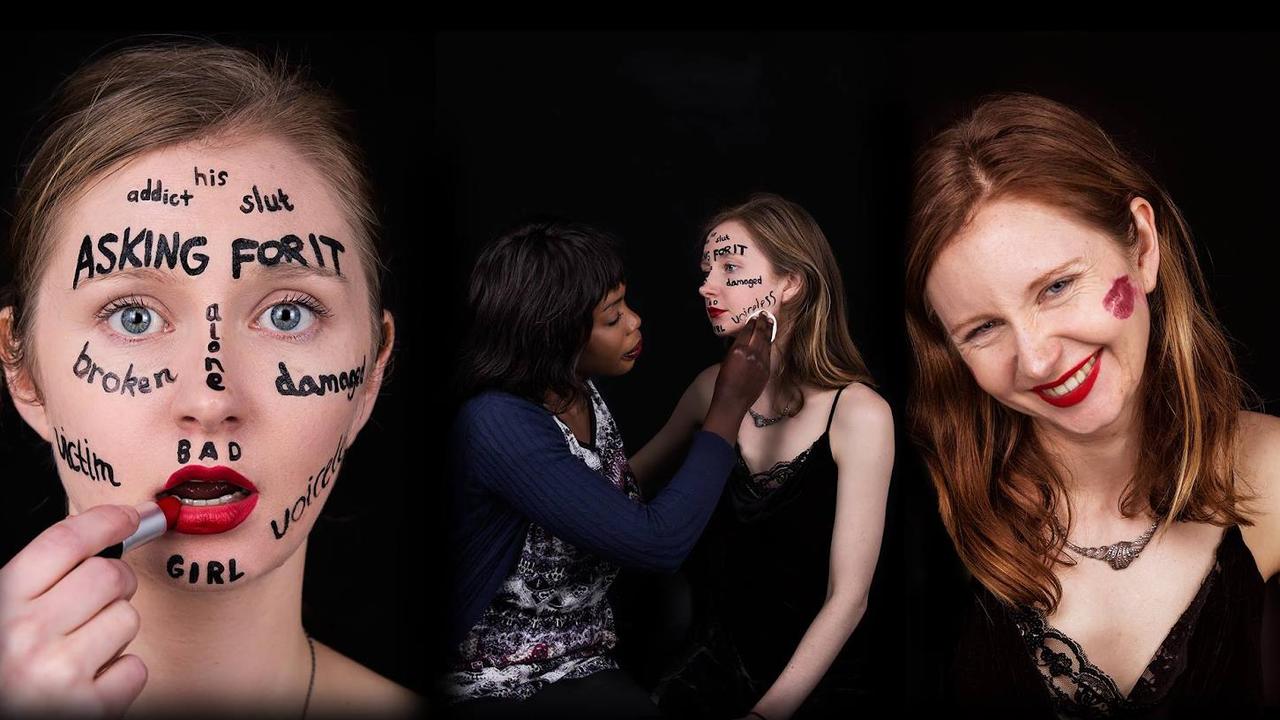
“It gave me permission to start working through everything that I had ignored and allowed me to feel comfortable with accessing the mental health system. In many ways, speaking out was my healing process, especially since sexual assault support services continue to be overstretched and underfunded.”
Joanna, who works in public health, now runs Bits and Bods, an organisation which supports women and gender diverse young people to tell their stories. She has also recently won a Layne Beachley Scholarship for this work.
“There are so many reasons why survivors tell their story. We’re not a homogenous community. Each survivor chooses to tell their story for different reasons, as each survivor has a unique story,” she said.
RELATED: Ridiculous law that needs to be changed
READ MORE: ‘You deserve to be heard’: Tara Moss speaks out
Joanna is proud to stand alongside Jane Doe in pushing for law reform.
“This law — like the rest of the sexual assault system — is designed to re-traumatise survivors and it needs to be changed,” Joanna said.
“Not allowing survivors to ‘out’ themselves signals to survivors that we shouldn’t be telling our story to the media, friends, family or even health practitioners; that our mental health doesn’t matter; and that survivors should be ashamed of what someone chooses to do to us.”
Joanna says the existing laws in Tasmania and the Northern Territory are likely to deter survivors from going through the criminal justice system, as the system merely “strips survivors of the ability to control their story, both during the court case and for the rest of their lives”.
She says this in turn is likely to cause survivors to live with additional shame, stigma and mental health concerns.
“These laws are highly likely to intensify the high rates of mental ill health that survivors experience, leading to increased rates of mental ill health including self-harm, eating disorders, substance abuse and suicide attempts” Joanna said.
“We need urgent reform. We need to #LetHerSpeak.”
Nina Funnell is a Walkley Award winning journalist and anti sexual assault advocate and a director of End Rape On Campus Australia.
If you or someone you know is affected by sexual assault, call 1800 RESPECT (1800 737 732).

